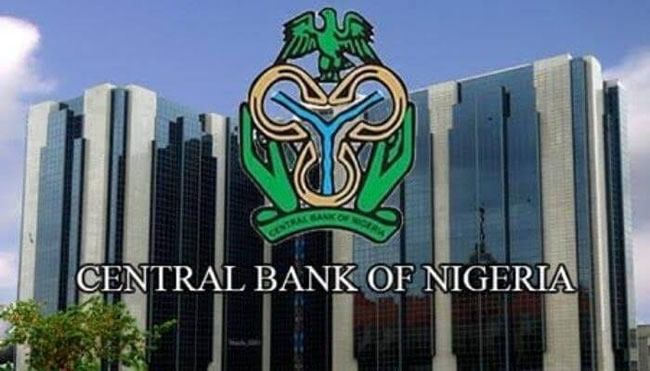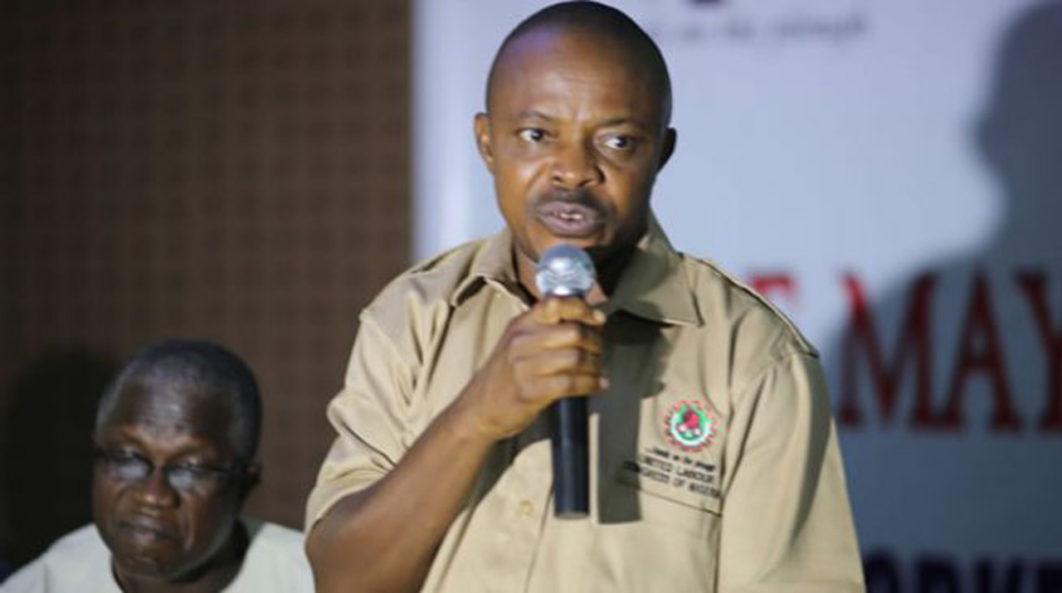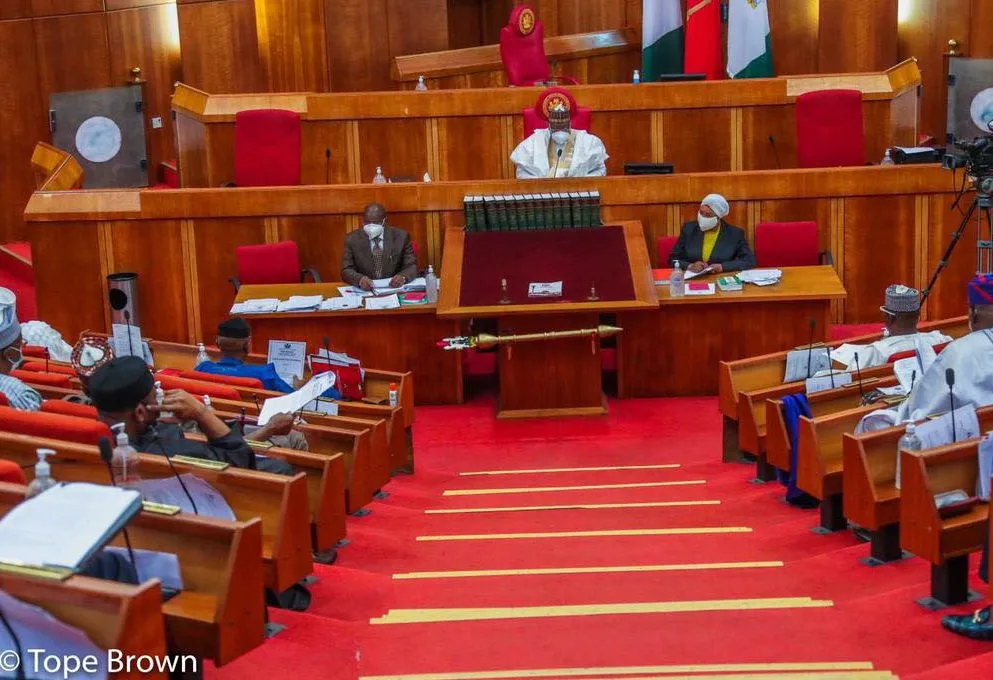
The implementation of the Supreme Court’s landmark judgment granting full autonomy to Nigeria’s 774 local governments has encountered new challenges, with some state governors directly instructing local government chairmen not to open accounts with the Central Bank of Nigeria (CBN) for the direct receipt of federal allocations.
This latest development has added another layer of complexity to the already delayed process of ensuring local government autonomy, nearly nine months after the Supreme Court ruling mandated that allocations from the Federation Account be paid directly to local governments. The Federal Government’s commitment to the judgment included the creation of a panel to oversee the implementation of the autonomy, which has faced significant setbacks.
Following the panel’s recommendations, the CBN was directed to establish accounts for all local governments to facilitate direct payments. However, this process has been bogged down by administrative delays and ongoing disputes between the CBN and local government officials over the modalities for account opening.
A recent meeting by the Federation Account Allocation Committee (FAAC) Technical Sub-Committee revealed that only Delta State had fully complied with the directive by submitting the necessary account details for local government areas (LGAs).
Chairmen from various local governments who spoke to journalists on condition of anonymity, fearing repercussions from their state governors. One chairman revealed that a governor in the South-East region had outrightly forbidden local governments from opening CBN accounts for direct allocation payments. Despite efforts to negotiate a compromise, including offering to remit 50 percent of the monthly allocation to the state government, the proposal was rejected.
Governors’ opposition to the opening of CBN accounts stems from a longstanding control over local government funds. Many state governors are wary that the autonomy will sever their access to the significant financial resources that local governments control, essentially diminishing their influence. Consequently, a number of governors have been pushing for local governments to open accounts with commercial banks, where they can maintain oversight and control.
Another contributing factor to the delay is the stringent conditions imposed by the CBN. Local government chairmen in various states have reported difficulty meeting these conditions, such as the requirement to provide two months of account statements—a condition that some councils cannot fulfill due to a lack of proper financial record-keeping, often because state governors have been in control of the funds.
One council chairman from Benue State explained that the ongoing resistance from governors is part of a deliberate strategy to frustrate the implementation of local government autonomy. According to him, governors prefer local governments to open accounts with commercial banks so they can maintain access to the funds. “Once the funds are paid directly to the CBN, they are out of our control, and that’s why governors are resisting the move,” he added.
Despite these challenges, there are notable exceptions. In Nasarawa State, the Nigerian Union of Local Government Employees (NULGE) has expressed full compliance with the directive to open CBN accounts, although no local government has yet received direct allocations from the Federation Account. NULGE’s chairman in the state, Adamu Sharhabilu, confirmed that local governments had already opened their accounts in anticipation of direct payments, though funds have yet to be disbursed.
A similar situation exists in Jigawa State, where local government chairmen are awaiting further instructions before opening their CBN accounts. Prof. Abdulrahman Salim, chairman of the state’s Association of Local Governments of Nigeria (ALGON), assured that the state’s 27 local governments are in the process of complying with the directive. However, he also noted that administrative delays, such as the need for biometric data capturing, have slowed the process.
In contrast, some local government chairmen in Yobe State and Zamfara State have not opened CBN accounts, with the latter still awaiting further instructions. In Yobe, salaries for local government employees continue to be disbursed through the Ministry for Local Government and Chieftaincy Affairs, rather than directly from local government accounts, a situation local government workers have decried as a setback in the implementation of the Supreme Court’s judgment.
The continued resistance from state governors poses a serious threat to the successful implementation of local government autonomy, with many chairmen uncertain about the future of the process. As it stands, the full realization of local government financial independence remains in limbo, leaving local government officials and citizens alike waiting for concrete actions from both the state and federal governments.





